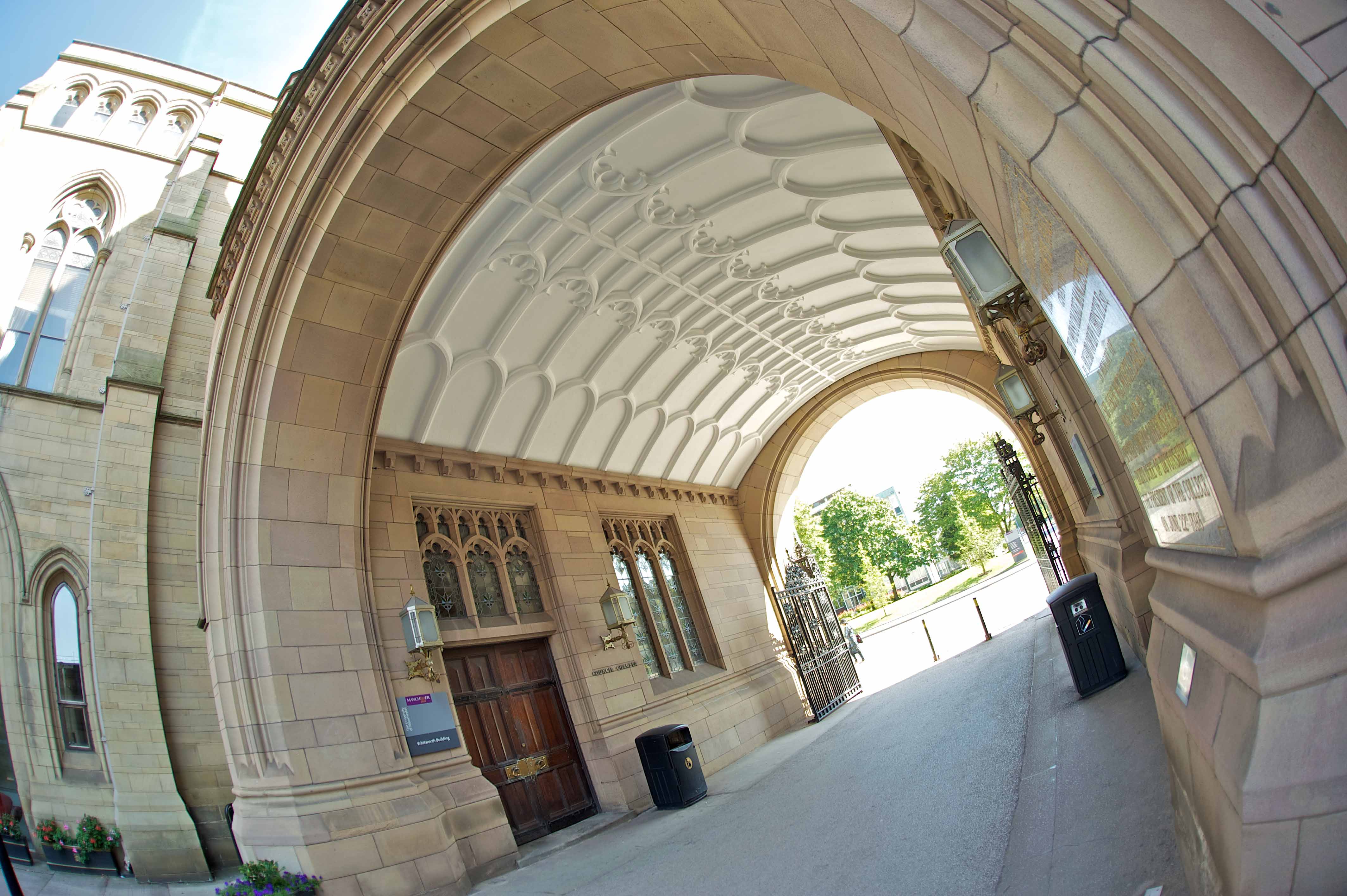Diversifying the Curriculum: Serious and Organised Crime
Written by Fiamma Terenghi
Last year I successfully applied for Diversifying the Curriculum funding for the 3rd year optional course ‘Serious and Organised Crime’ (CRIM30811) and I used funds to invite Prof. Anna Sergi from the University of Essex to deliver a guest lecture on the ‘Ndrangheta, one of the most prominent and powerful Italian mafia around the world. The guest lecture was organised as an extra-curricular activity and it was opened to students enrolled in the course and to all students in the BA Criminology Programme. At the start of Semester I, the guest lecture was included in the Course Unit Handbook and on the ‘Homepage’ tab of the Blackboard page. It was also advertised during lectures and tutorials and through the Department of Criminology Newsletter. Being an extra-curricular activity, it was possible to organise the guest lecture meeting the planned order of the topics and the availability of Prof. Anna Sergi. It was possible to give time to students to familiarise with theories on organised crime and to attend ahead the lecture and tutorials on Italian mafias.
It was my first teaching experience on Serious and Organised Crime as CUD, and as a lecturer of Italian origin, I thought key to introduce in the syllabus a lecture on Italian mafias and their transplantation around the world. This main idea was coupled with three main rationales which guided my intention to apply for funding and organise the guest lecture with Anna.
First, the broad scenario of organised crime within which mafias represent one of the possible forms. Despite this, Italian (American) mafias are most often and commonly intended as the epitome of organised crime also in light of famous movies, tv series and media framings. I wanted to provide students with a more in depth and grounded knowledge of what Italian mafias are (i.e., similarities and differences with other forms of organised crime) by inviting Anna who is one of the main international expert on the ‘Ndrangheta.
Second, the opportunity for students to understand Italian mafias from the ‘inside’. Not only Anna has an extensive research-based knowledge but she was born in the region of Calabria (South of Italy) in which the ‘Ndrangheta is located and entrenched within local communities. The idea, shared with Anna, was to draw from her most recent book ‘Chasing the Mafia. ‘Ndrangheta, Memories and Journeys’ to transfer to students what this mafia is and what it represents for the people who live in Calabria.
Finally, and most important, to allow students to comprehensively understand how Italian mafias can have a socio-economic impact on other places around the world, from the Global North to the Global South. The main focus of the guest lecture was unpacking the development and mobility of the ‘Ndrangheta from Italy to other countries including Australia, Canada, United Stated and Argentina by discussing its structure, social organisation and relationships with migrant communities.
I have been knowing Anna for several years as well as her research and academic contributions on the topic, some of which are key texts for the course. I believe that she was able to highly engage students due to her broad knowledge and teaching enthusiastic approach which is both academic and colloquial. It was evident that Anna’s presence and her guest lecture enhanced students’ ability to reflect on what Italian mafias are while contributing to disentangle media framings. She provided first-hand analyses and narratives on their social and economic impact in terms of injustice and inequalities that especially affect people who live in countries, regions and local areas with mafias entrenchment.
Consistently, the guest lecture allowed to increase students’ awareness on their choices as consumers when it comes to certain illegal markets (e.g., counterfeiting). The guest lecture was really appreciated by students. Their level of attendance was quite good in numbers and at the end of the lecture several questions were addressed to Anna. Some students expressed appreciation to me during informal talks and tutorials, and others chose this topic for their formative assessment. The overall positive feedback from my students and the possibility to invite expert guest speakers capable to provide further insights into organised crime areas/activities (such as for example drug trafficking, human trafficking for sexual and labour exploitation, counterfeit illicit products) are the main reason to continue applying in future academic years as to enrich and diversify students teaching and learning experience within Serious and Organised Crime.







0 Comments